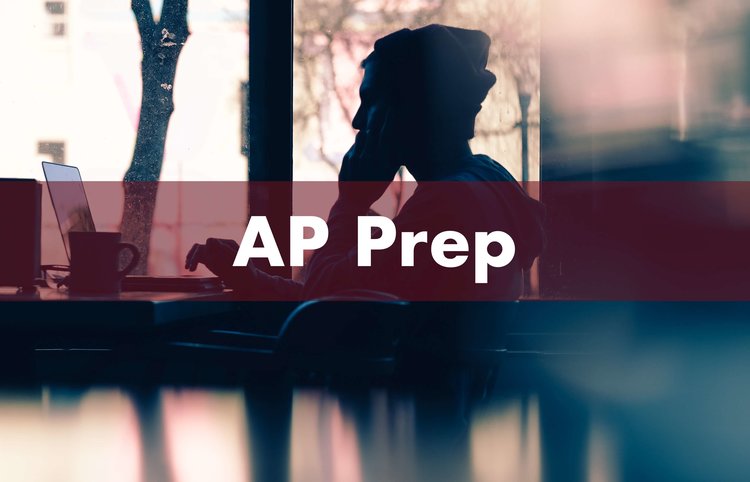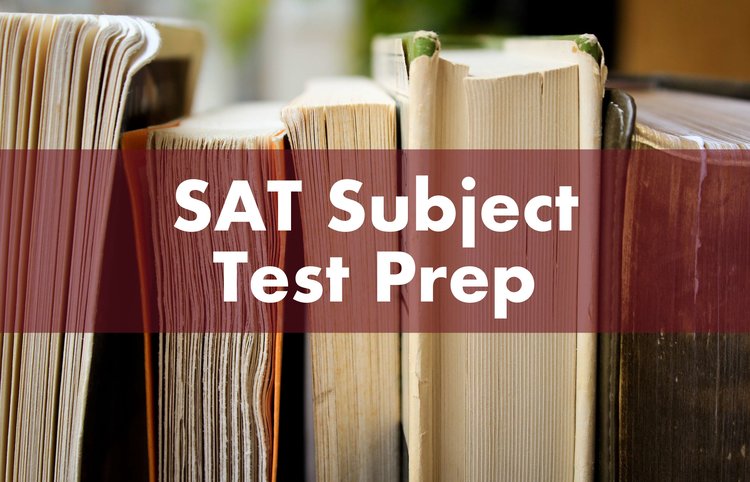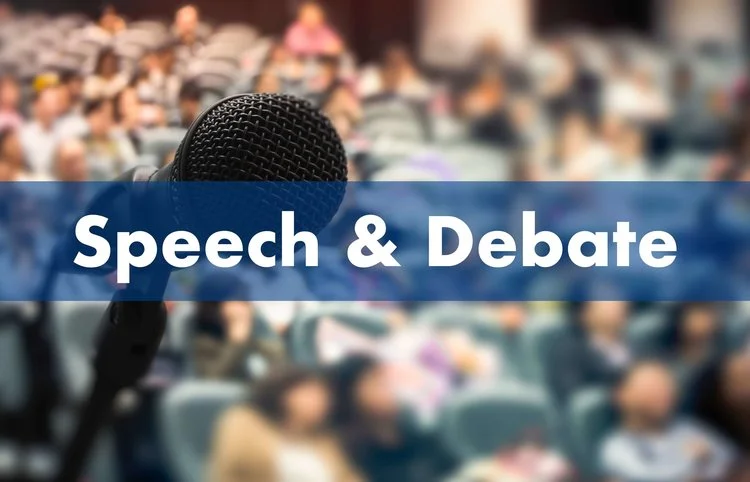The Terrible Twos: On the Power and Pitfalls of Dichotomies
In my last piece on the Rule of Three, I touched briefly on how writers use numbers to create convincing arguments or memorable images. This piece expands on twos—specifically, the uses and abuses of dichotomies.
The East and the West. Good and evil. Black and white. Friends and enemies. Rich and poor. Body and mind. Democrats and Republicans. Dichotomies such as these place two terms in opposition.
The problem with such dichotomies is that they’re often false. Such terms are often not mutually exclusive or exhaustive. That is, these terms can sometimes overlap, or we’ll find there’s a third or fourth option that such dichotomies conceal.
Take, for instance, a line often adapted by politicians and comic book villains: “You’re either with us or against us.”
The Error of False Dichotomies
The line was invoked famously by U.S. President George W. Bush shortly after the September 11, 2001 attacks on the World Trade Center and the Pentagon. In an address to a joint session of Congress and the American people, Bush employed this dichotomy to stir up support for an upcoming War on Terror:
Americans should not expect one battle, but a lengthy campaign, unlike any other we have ever seen. It may include dramatic strikes, visible on TV, and covert operations, secret even in success. We will starve terrorists of funding, turn them one against another, drive them from place to place, until there is no refuge or no rest. And we will pursue nations that provide aid or safe haven to terrorism. Every nation, in every region, now has a decision to make. Either you are with us, or you are with the terrorists. From this day forward, any nation that continues to harbor or support terrorism will be regarded by the United States as a hostile regime.
Bush’s central point is crystal clear: “Either you are with us, or you are with the terrorists.” But just what that dichotomy entails is a bit murkier. In the previous line, he explains that the U.S. “will pursue nations that provide aid or safe haven to terrorism”; the nation will treat “any nation that continues to harbor or support terrorism” as a “hostile regime.”
It’s as if there are only two kinds of nations in the world: those who support U.S. war efforts on one side and nations that harbor terrorists on the other. But of course, the War in Iraq—President Bush’s principal initiative in the War on Terror—would soon have plenty of opponents around the world, almost none of which “harbor[ed] or support[ed] terrorism.”
We might rebuke President Bush for committing a logical fallacy, but that would be a bit naïve. The complete picture is a bit more complex.
The Power of False Dichotomies
When read closely, President Bush’s speech seems to conflate all nations opposed to U.S. war efforts with nations that harbor terrorists. While that’s a false equivalency, it creates a powerful rhetorical effect.
The power—and problem—of “you’re either with us or against us” is that, like all dichotomies, it organizes a problem into two neat categories that equip us with the mental armature for immediate action.
It’s difficult work to unpack what really differentiates the East and the West (or which nations belong to each category), to determine where an individual or an action belongs on the spectrum of “good” and “evil,” or what’s the best course of action for all nations following a large-scale international catastrophe.
Dichotomies make quick work of these complex questions by giving us just two options. Often, as in the case of President Bush’s speech, dichotomies draw their rhetorical power from the fact that one of the options seems so unattractive or immoral we’re left thinking that there is only one real choice. Dichotomies often present two options while espousing only one.
For these reasons, dichotomies, while often false, are rhetorically powerful. They reduce complex issues into two simple and easily defined paths. The uncertainties and contradictions of life become transformed into the simplicity of a true-or-false quiz.
Stephen P. is a writer and teacher based in Los Angeles. He has taught literature and writing courses at several universities and has taught writing and reading at Elite Prep Los Angeles since 2010.










